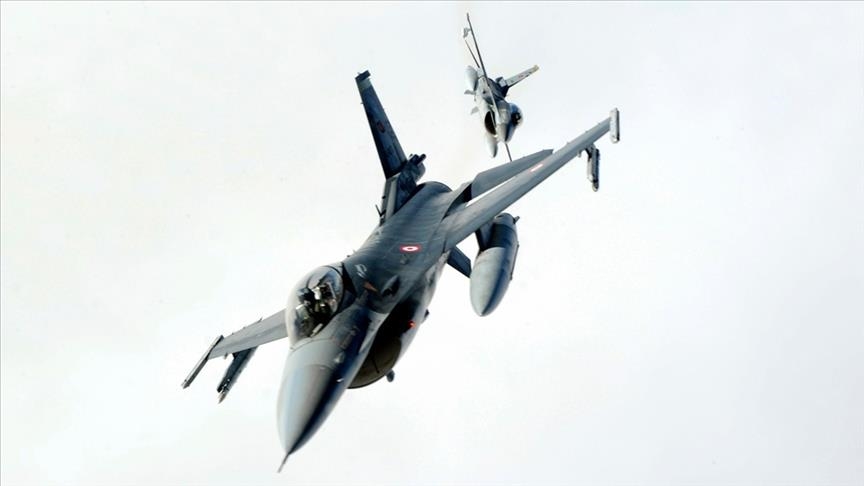Greece's S-300 air defense system harassed Turkish F-16 jets: Sources
- Last week Turkish jets were harassed by Russian-made S-300 system stationed on island of Crete, say Turkish Defense Ministry sources

ISTANBUL
Turkish jets carrying out missions over the Aegean and Eastern Mediterranean were harassed by a Greek S-300 air defense system, according to Turkish Defense Ministry sources.
Turkish jets were "radar locked" on Aug. 23 on a mission in international airspace, said the sources, requesting anonymity due to restrictions on speaking to the media, describing the Greek harassment as a "hostile act" according to the NATO rules of engagement.
"Despite this hostile act, the planes completed their planned missions and returned to their bases safely," the sources added.
The harassment came from a Russian-made S-300 air defense system stationed on the island of Crete, the sources stressed, mentioning how some NATO countries continue to criticize Türkiye for buying Russian-made S-400 systems but say nothing about Greece.
Telling how Greece bought the previous version of the system nearly 25 years ago, sources say that a NATO country, namely Greece, harassing another NATO country's warplanes through the Russian-made S-300 system is "against the principles of the NATO alliance.”
Türkiye, a NATO member for over 70 years, has complained of repeated provocative actions and rhetoric by Greece in the region in recent months, saying such moves frustrate its good faith efforts for peace.
In April 2017, when its protracted efforts to buy an air defense system from the US proved futile, Türkiye signed a contract with Russia to acquire the state-of-art S-400s.
US officials voiced opposition to their deployment, claiming the S-400s would be incompatible with NATO systems.
Türkiye, however, stressed that the S-400s would not be integrated into NATO systems, and pose no threat to the alliance or its armaments, and has repeatedly proposed setting up a commission to clarify the issue.








